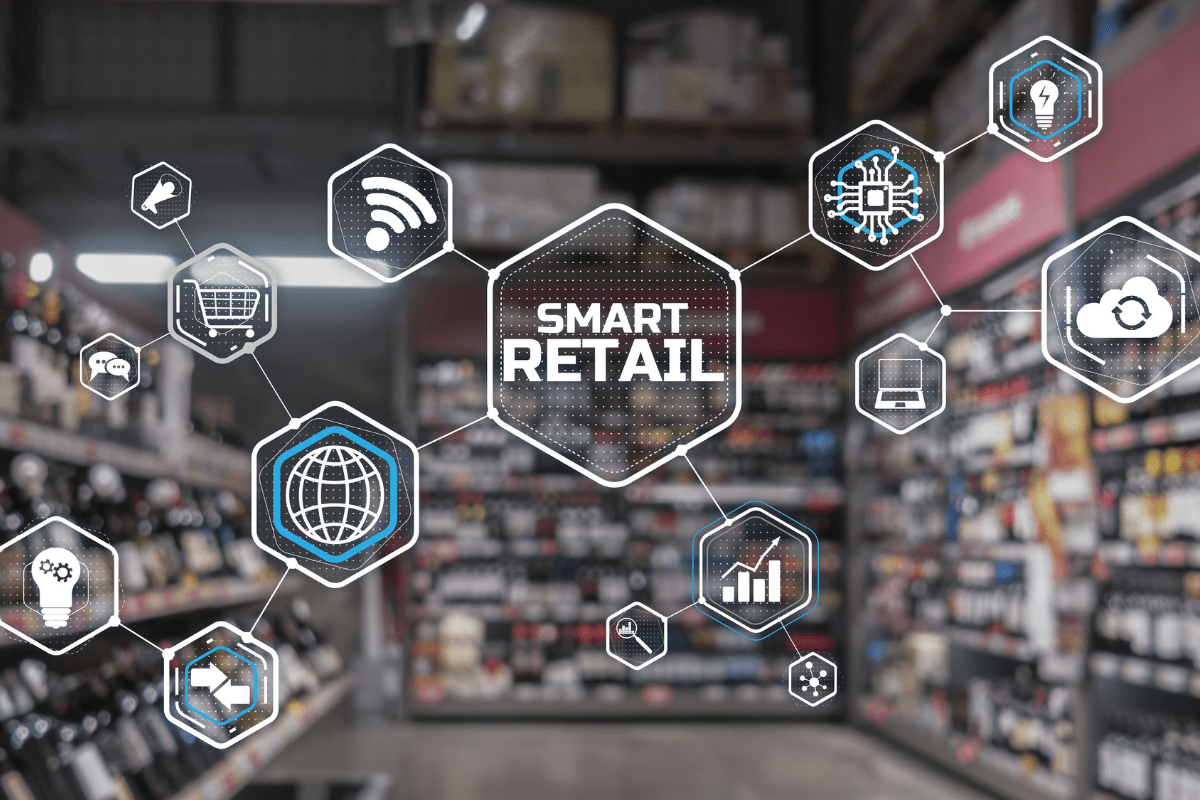
Smart shopping with AI
Meet Sarah, she loved shopping online, but like many people, she often found herself overwhelmed. Thousands of products, endless deals, and too many reviews to read. She would spend hours comparing prices only to realize later that she missed out on a better discount elsewhere.
Then Sarah tried a smart shopping assistant powered by AI. Instead of spending hours browsing, she typed in what she wanted, and the assistant compared prices across platforms, suggested alternatives within her budget, and even predicted when items would go on sale. Shopping went from stressful to exciting. She felt like she finally had a personal shopper who never got tired.
Sarah’s story reflects a growing trend. More people are turning to AI to help them shop smarter, save money, and avoid decision fatigue.
What Does Smart Shopping with AI Mean?
Smart shopping with AI uses artificial intelligence to improve the way consumers buy products both online and in stores. AI can:
- Compare prices across retailers instantly
- Predict when items will go on sale
- Offer personalized recommendations based on your style and history
- Analyze product reviews for quick summaries
- Suggest sustainable or healthier options
- Create shopping lists and order groceries automatically
This technology does not just save time and money. It transforms shopping into a guided experience where you get exactly what you want with less effort.
Fun Fact: Did you know that AI models can predict seasonal discounts with over 90 percent accuracy? Retailers like Amazon and Walmart use predictive AI to set prices, while consumers benefit from AI apps that track when prices will drop.
Real Life Examples of AI in Shopping
1. AI Price Comparison Tools
Apps like Honey and Capital One Shopping automatically search for discount codes and compare prices. They save users an average of 10 to 15 percent per purchase.
Tip: Install a browser extension for price comparisons. It works in the background and pops up when deals are available.
2. AI Personalized Shopping Assistants
Platforms like Shopify’s Kit and Google Shopping AI learn your preferences and suggest items that match your taste. Over time, they refine recommendations to feel almost tailor-made.
Expert View: According to retail analyst Mark Fletcher, “Personalization powered by AI is not a gimmick. It builds customer loyalty because people feel understood and valued.”
3. AI Review Analyzers
Reading hundreds of reviews is tiring. AI-powered tools like Fakespot summarize feedback and even detect fake reviews. This helps shoppers make decisions faster and with more confidence.
Fun Fact: Studies show that almost 30 percent of online reviews are either fake or misleading. AI helps filter the noise so you know what is genuine.
4. AI in Grocery Shopping
Apps like Instacart and Ocado use AI to suggest shopping lists, replace out-of-stock items with the best match, and even estimate delivery times with precision.
Tip: Use AI grocery apps to track expiration dates and reduce food waste. Some apps now remind you when produce is nearing spoilage.
5. Smart In-Store Experiences
Stores like Amazon Go use AI-powered sensors to let you walk in, grab items, and walk out without going through a checkout line. The AI automatically charges your account.
Expert View: Retail futurist Dr. Emily Carter explains, “AI is blurring the line between online and offline shopping. The future is a hybrid model where stores know what you need before you even walk in.”
Tips for Smarter AI Shopping
- Set Budget Preferences: Many AI tools allow you to input your budget so they only suggest products within range. This prevents impulse overspending.
- Use Alerts for Price Drops: Enable notifications on apps like Honey or CamelCamelCamel to track prices on products you want.
- Trust AI Summaries but Double Check: AI review analyzers are helpful, but always glance at a few original reviews to ensure context.
- Connect Loyalty Programs: Sync your store loyalty accounts with AI shopping apps to maximize rewards automatically.
- Go Beyond Discounts: Use AI to shop sustainably by enabling filters for eco-friendly products or brands with ethical practices.
Fun Facts
- By 2030, over 80 percent of shopping decisions will involve some level of AI support, according to Gartner.
- AI shopping chatbots reduce customer support costs by 30 percent while improving user satisfaction.
- Clothing retailer Stitch Fix uses AI stylists to curate fashion boxes. Interestingly, customers often choose AI-suggested outfits over human-curated ones.
- AI-powered shopping can reduce decision-making time by an average of 40 minutes per week for frequent shoppers.
Experts’ insight
- Karen Miller, Consumer Behavior Specialist: “AI shopping assistants are not just about saving money. They reduce decision fatigue, which is a major stressor in modern lifestyles.”
- John Patel, Tech Entrepreneur: “The combination of AI and shopping data is leading us to a future where stores know your style before you even click. The challenge is balancing convenience with privacy.”
- Dr. Anita Rao, Sustainability Researcher: “AI in shopping can promote sustainable living by nudging consumers toward eco-friendly purchases without overwhelming them.”
Addressing Concerns
Concern 1: Does AI Take Away Freedom of Choice?
AI narrows down options but does not eliminate them. It acts like a filter, saving you from irrelevant choices while still letting you decide.
Concern 2: Is My Data Safe?
Shopping data is valuable, so privacy is a real concern. Choose AI apps with strong data protection policies and avoid giving unnecessary permissions.
Concern 3: Will AI Shopping Make Us Overspend?
If used correctly, AI can do the opposite by encouraging budget setting and alerting you to sales. The key is self-control in how you use these tools.
Real Life Success Stories
- Alex from London saved over 600 pounds in a year by using AI price tracking apps that alerted him before sales.
- Priya from Mumbai switched to eco-friendly grocery shopping when her AI assistant began suggesting sustainable options, cutting waste in her household.
- Daniel from New York reduced impulse shopping by letting his AI assistant create shopping lists and stick to them.
The Future of AI in Shopping
AI is evolving beyond discounts and convenience. Future AI shopping systems will integrate with health apps to suggest foods based on your fitness goals, or with smart wardrobes that tell you what clothes to buy based on your existing outfits.
Retailers are already experimenting with virtual AI shopping assistants in the metaverse, where you can try clothes on avatars before buying.
According to McKinsey’s 2024 Retail Report, AI will add nearly 2.95 trillion dollars in value to the retail sector by 2030, making shopping faster, smarter, and more personalized than ever.
Conclusion
Smart shopping with AI is not about replacing human choice but about making those choices easier, faster, and more personalized. From comparing prices instantly to summarizing reviews and predicting sales, AI is a powerful tool for modern consumers.
It helps reduce stress, saves money, and even nudges us toward healthier and more sustainable decisions. The key is to embrace AI as a shopping partner while staying mindful of privacy and personal budgeting.
As more people adopt these tools, shopping will no longer be about endless scrolling and second-guessing. Instead, it will be a seamless process where AI handles the heavy lifting and we focus on enjoying the experience.
The future of shopping is not just smart. With AI, it is personal, efficient, and surprisingly human.
References
- Gartner (2023). Future of AI in Consumer Retail.
- McKinsey (2024). The Retail AI Report.
- Fakespot (2022). Study on Fake Reviews in Online Shopping.
- Deloitte Insights (2023). AI in E Commerce and Consumer Trends.
- Carter, E. (2024). Hybrid Shopping Models and AI Integration.












